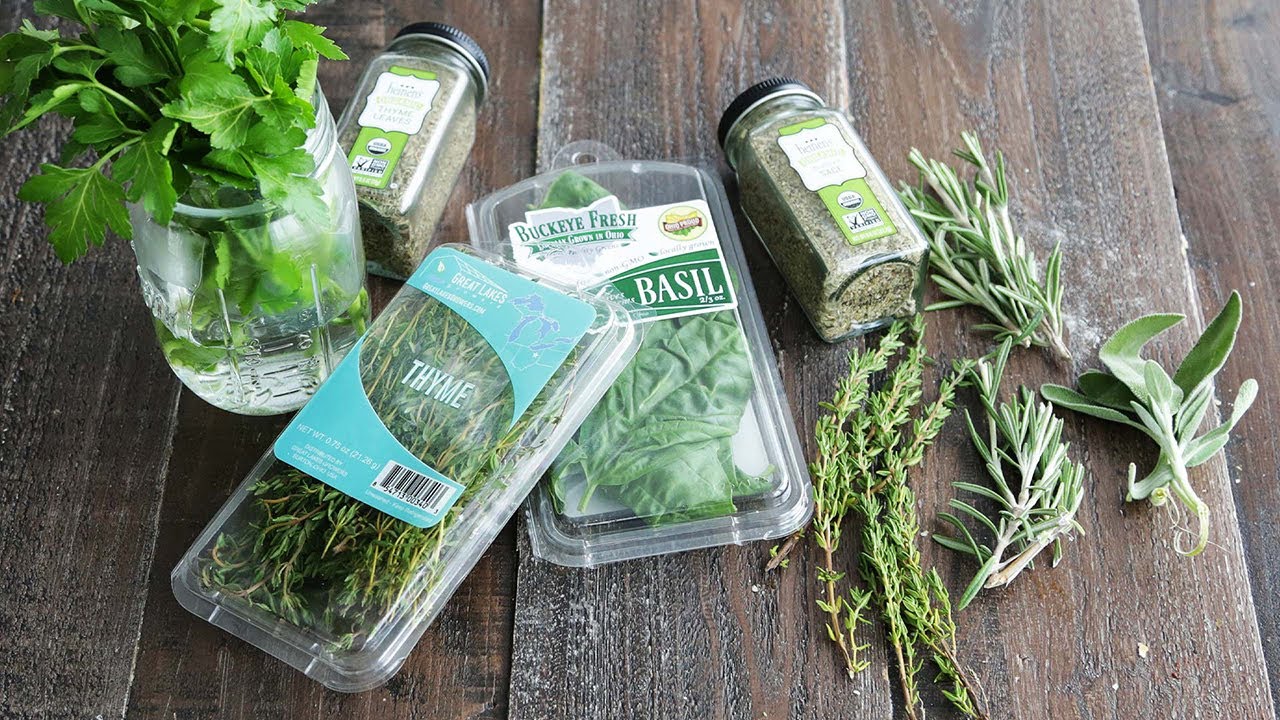

Articles
How To Store Thyme And Rosemary
Modified: March 23, 2024
Discover the best way to store thyme and rosemary with these helpful articles. Learn how to keep your herbs fresh and flavorful for longer.
(Many of the links in this article redirect to a specific reviewed product. Your purchase of these products through affiliate links helps to generate commission for Storables.com, at no extra cost. Learn more)
Introduction
Welcome to the world of culinary herbs! If you’re a cooking enthusiast, you know how important it is to have fresh herbs on hand to add flavor and aroma to your dishes. Among the most popular herbs in the kitchen are thyme and rosemary. These two herbs not only enhance the taste of your recipes but also offer numerous health benefits.
However, when you bring fresh thyme and rosemary home from the store or harvest them from your garden, you may be wondering how to properly store them to maintain their freshness and potency. In this article, we will guide you through the art of storing thyme and rosemary, ensuring that you can enjoy their flavors for as long as possible.
Before we delve into the specifics of storing these herbs, it’s important to understand why proper storage is crucial. Fresh herbs, like thyme and rosemary, are delicate and can quickly lose their aromatic properties if not stored correctly. They are also prone to moisture, mold, and bacterial growth if exposed to unfavorable conditions.
Safeguarding the flavors and qualities of these herbs requires choosing the right storage method, understanding their individual characteristics, and following a few simple tips. By doing so, you can prolong the shelf life of thyme and rosemary, ensuring that you have these versatile herbs on hand whenever inspiration strikes in the kitchen.
Key Takeaways:
- Preserve the vibrant flavors of thyme and rosemary by choosing the right storage method – refrigeration, freezing, or drying. Keep them dry, avoid direct sunlight, and use airtight containers for optimal freshness.
- Extend the shelf life of thyme and rosemary with proper storage techniques. Whether refrigerating, freezing, or drying, label and date containers, consider herb-infused oils, and regularly check for freshness to elevate your culinary creations.
Read more: How To Store Rosemary And Thyme
Choosing the Right Storage Method
When it comes to storing thyme and rosemary, choosing the appropriate storage method is crucial for preserving their freshness and flavor. Here are some popular storage methods you can consider:
- Refrigerator: Storing thyme and rosemary in the refrigerator is a common approach to prolong their shelf life. Wrap the herbs loosely in a damp paper towel, place them in a resealable plastic bag or airtight container, and store them in the fridge. This method can keep the herbs fresh for up to two weeks.
- Freezing: Freezing is an excellent way to store thyme and rosemary for an extended period. Start by removing the leaves from the stems and spread them out on a baking sheet lined with parchment paper. Place the sheet in the freezer until the leaves are frozen, then transfer them to a zip-top bag or airtight container. Frozen herbs can retain their flavor for up to six months.
- Drying: If you prefer to use dried herbs, drying thyme and rosemary is a great option. Hang the herb bundles upside down in a cool, well-ventilated area until they are completely dry. Once dried, remove the leaves from the stems and store them in an airtight container. Dried herbs can last up to a year when stored correctly.
Each storage method has its pros and cons, so consider your cooking preferences and needs when deciding which option is best for you. Refrigeration allows for easier access to fresh herbs, while freezing and drying are ideal for long-term storage and preserving the flavors of thyme and rosemary.
Now that you have an idea of the available storage methods, let’s explore how to store each herb individually to ensure optimum freshness and flavor.
Storing Thyme
Thyme is a versatile herb that is commonly used in Mediterranean and French cuisine. It pairs well with various dishes, including soups, stews, roasted meats, and vegetables. To prolong the shelf life and preserve the flavor of thyme, follow these steps:
- Fresh Thyme: If you have purchased or harvested fresh thyme, start by gently washing the sprigs under cool running water to remove any dirt or debris. After washing, pat them dry with a paper towel or let them air dry completely. Avoid crushing or bruising the leaves, as this can accelerate spoilage.
- Refrigeration: Place the dried thyme sprigs in a resealable plastic bag or an airtight container lined with a damp paper towel. This helps maintain the moisture level and extends the freshness of the thyme. Store the bag or container in the refrigerator’s crisper drawer or a cool section where the temperature is consistently between 35-40°F (2-4°C).
- Freezing: If you prefer to freeze thyme, follow the same washing and drying steps mentioned above. Remove the leaves from the stems and spread them out on a baking sheet lined with parchment paper. Place the sheet in the freezer until the leaves are frozen, then transfer them to a freezer-safe bag or airtight container. Label the container with the date and store it in the freezer.
Whether you choose to refrigerate or freeze thyme, it’s important to keep in mind that the flavor may diminish over time. Therefore, it’s recommended to use thyme within 6 months for the best flavor and aroma.
By following these storage methods, you can have access to fresh and flavorful thyme whenever you need it for your culinary creations.
Store thyme and rosemary by wrapping them in a slightly damp paper towel, placing them in a resealable plastic bag, and storing them in the refrigerator. This will help keep them fresh for longer.
Storing Rosemary
Rosemary is a robust and fragrant herb that adds a delightful aroma and flavor to various dishes, such as roasted meats, potatoes, bread, and Mediterranean-inspired recipes. To maintain the freshness and potency of your rosemary, consider the following storage methods:
- Fresh Rosemary: If you have freshly picked or purchased rosemary, start by giving it a gentle rinse under cool water to remove any dirt or impurities. Pat the sprigs dry with a paper towel or let them air dry completely. Avoid washing the rosemary too far in advance as excess moisture can lead to spoilage.
- Refrigeration: To store fresh rosemary in the refrigerator, place the dried sprigs in a damp paper towel and then in a resealable plastic bag or an airtight container. This helps maintain the moisture level and keeps the rosemary fresh. Store the bag or container in the refrigerator’s crisper drawer or a cool section with a temperature of about 35-40°F (2-4°C).
- Freezing: Freezing is a great way to preserve rosemary for an extended period. Start by removing the rosemary leaves from the stems and chop them finely or leave them whole, depending on your preference. Place the leaves in an ice cube tray and fill each compartment with water or olive oil. Freeze the tray until the cubes are solid, then transfer them to a freezer-safe bag or airtight container. This method allows you to easily portion out small amounts of rosemary as needed.
Both refrigeration and freezing methods can keep rosemary fresh for several months, but it’s important to note that the freezing option may alter the texture of the herb. However, the flavor and aroma will remain intact, making it a convenient option for long-term storage.
Remember to label and date your rosemary containers to keep track of their freshness. Discard any rosemary that shows signs of mold, discoloration, or a strong unpleasant odor.
By storing rosemary properly, you can enjoy its distinct flavor and scent whenever you prepare a delicious meal.
Tips for Proper Storage
To ensure the longevity and quality of your stored thyme and rosemary, here are some additional tips to keep in mind:
- Keep them dry: Moisture is the enemy of fresh herbs. Before storing, ensure that thyme and rosemary are completely dry to prevent the growth of mold or bacteria. Excess moisture can lead to rotting and spoilage.
- Avoid direct sunlight: Sunlight can cause herbs to lose their flavor and potency. Store your thyme and rosemary in a cool, dark place to protect them from light exposure.
- Airtight containers: When using plastic bags or containers, make sure they are airtight to prevent moisture and air from getting in. This helps maintain the herbs’ freshness for a longer period.
- Label and date: It’s easy to forget when you stored your herbs, so it’s essential to label the containers with the name of the herb and the date of storage. This allows you to keep track of their freshness and rotation.
- Consider herb-infused oils: If you have an abundance of fresh thyme or rosemary, consider infusing them in oils. This not only preserves their flavors but also creates flavorful oils for cooking or as a finishing touch for dishes.
- Don’t wash until ready to use: Washing fresh herbs before storing can increase their moisture content, making them more prone to spoilage. It’s best to wash them right before adding them to your recipes.
- Use a dehydrator: If you regularly harvest or purchase large quantities of herbs, investing in a dehydrator can be a convenient way to dry and store them. Dehydrators allow for controlled drying, preserving the flavors and nutrients of herbs.
- Regularly check for freshness: Periodically check your stored thyme and rosemary for signs of decay, mold, or a significant loss of aroma. Discard any herbs that show these signs to prevent any spoiling from spreading to the rest of your collection.
By following these tips, you can optimize the storage conditions for your thyme and rosemary, ensuring their longevity, freshness, and robust flavor for all your culinary adventures.
Read more: How To Store Fresh Rosemary And Thyme
Conclusion
Properly storing thyme and rosemary is the key to preserving their freshness, flavor, and aromatic qualities. These herbs bring a delightful touch to various recipes, and with the right storage techniques, you can enjoy their benefits for longer periods.
Choosing the right storage method, such as refrigeration, freezing, or drying, plays a significant role in maintaining the integrity of thyme and rosemary. Whether you opt for the convenience of storing them in the refrigerator or the long-term preservation of freezing or drying, each method has its advantages and allows you to access these herbs whenever you need them.
Remember to keep your herbs dry, protect them from direct sunlight, and use airtight containers to prevent moisture and air exposure. Labelling and dating your containers ensures that you can keep track of their freshness and rotate them as needed.
Additionally, infusing oils with these herbs can further extend their usability and provide flavorful cooking options. Regularly inspecting your stored herbs for any signs of decay or spoilage is essential to maintain the quality of your collection.
By following these guidelines, you can confidently store and use thyme and rosemary to enhance the taste and aroma of your culinary creations. Whether you’re preparing a savory stew, roasting a chicken, or baking homemade bread, having a stash of fresh, well-preserved herbs at your disposal will elevate your dishes to new heights of flavor.
So, don’t let your thyme and rosemary wilt away. Store them properly, and let their vibrant flavors and fragrances infuse your cooking with a touch of culinary magic.
Frequently Asked Questions about How To Store Thyme And Rosemary
Was this page helpful?
At Storables.com, we guarantee accurate and reliable information. Our content, validated by Expert Board Contributors, is crafted following stringent Editorial Policies. We're committed to providing you with well-researched, expert-backed insights for all your informational needs.

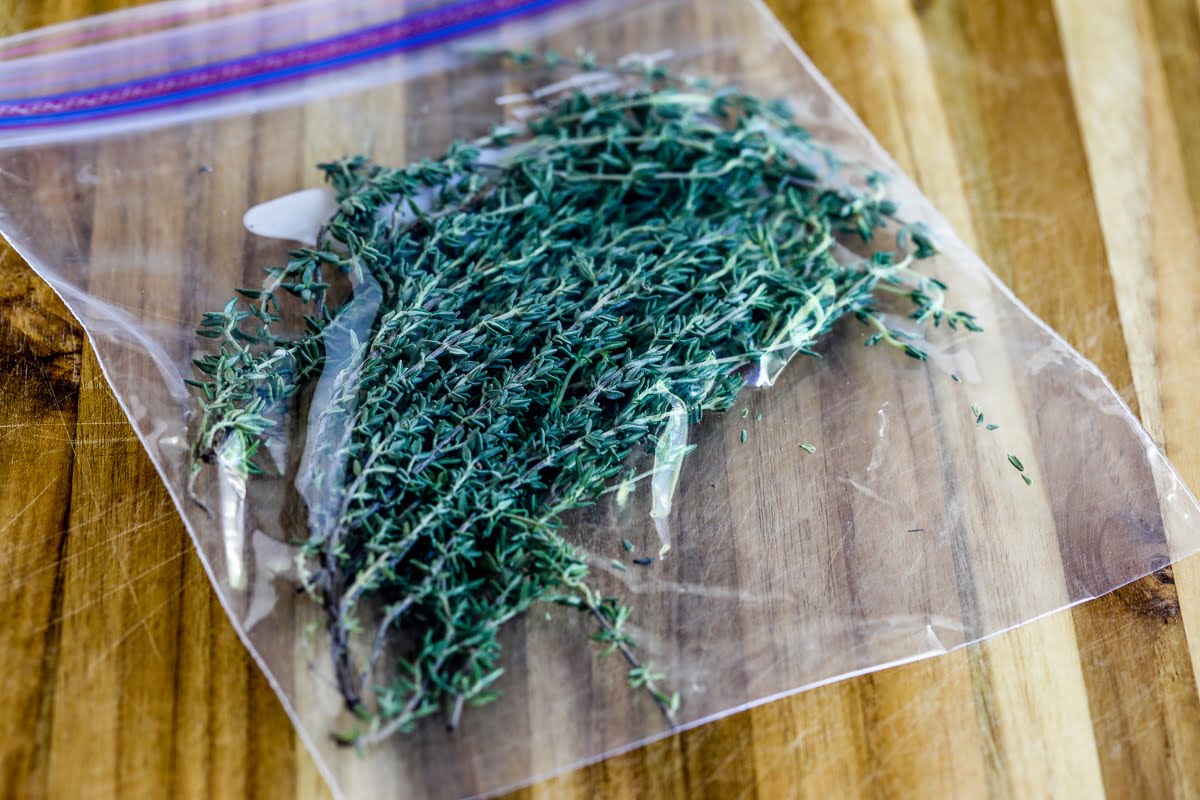
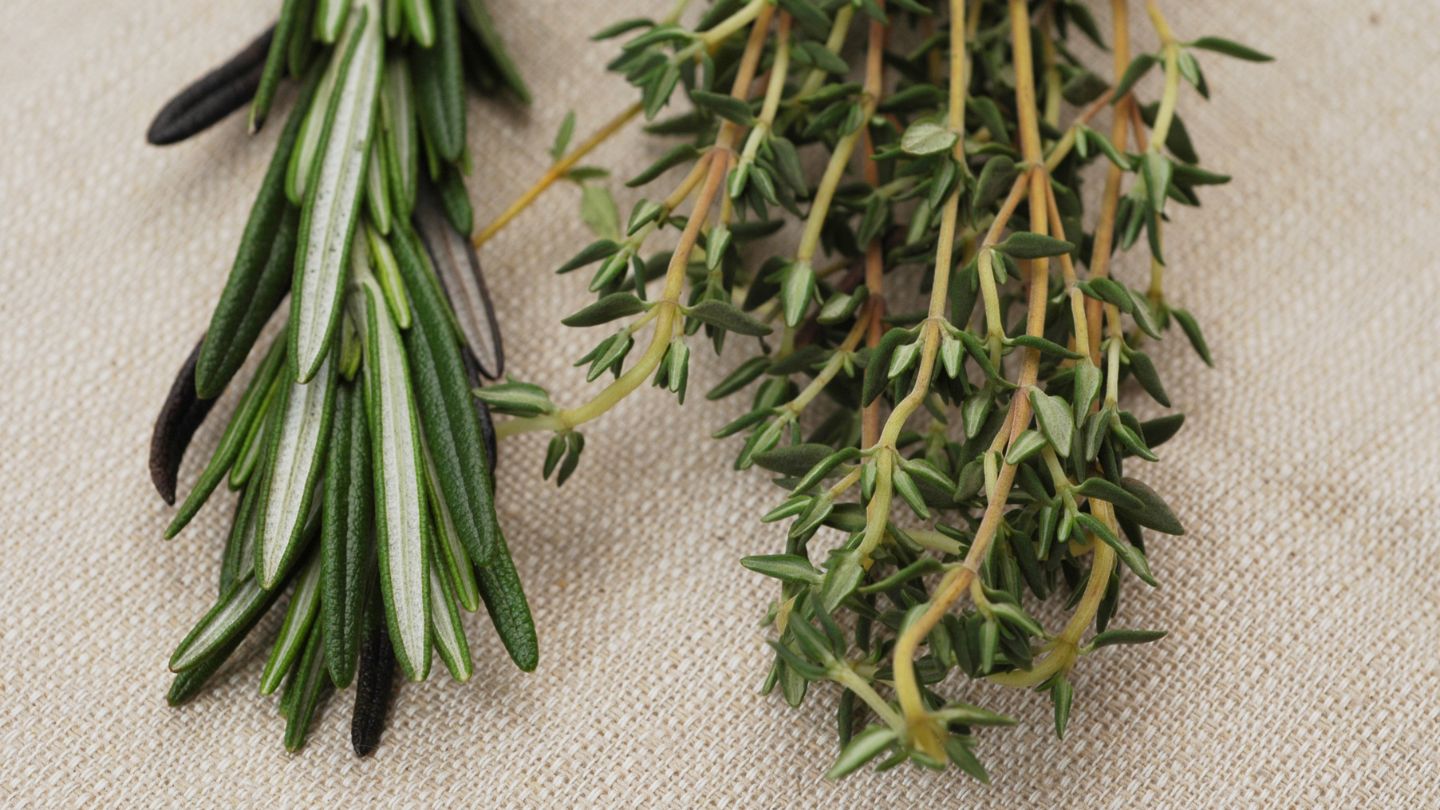
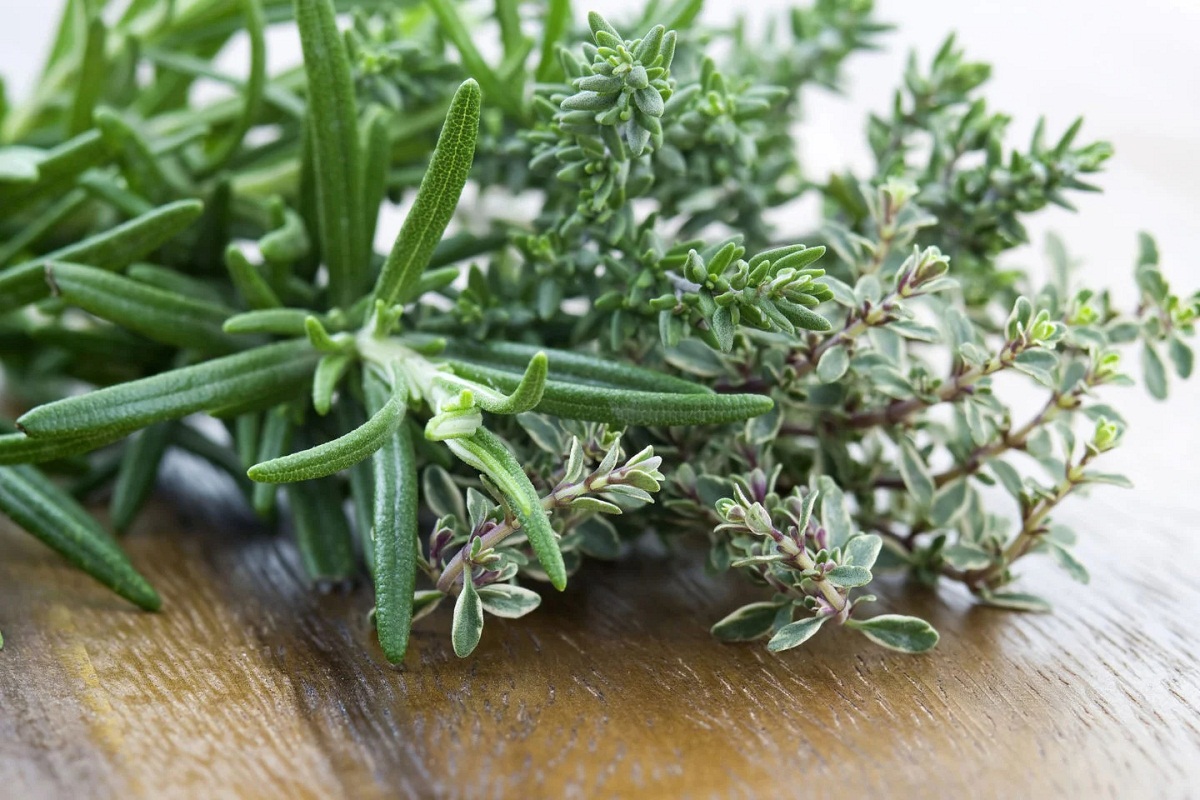
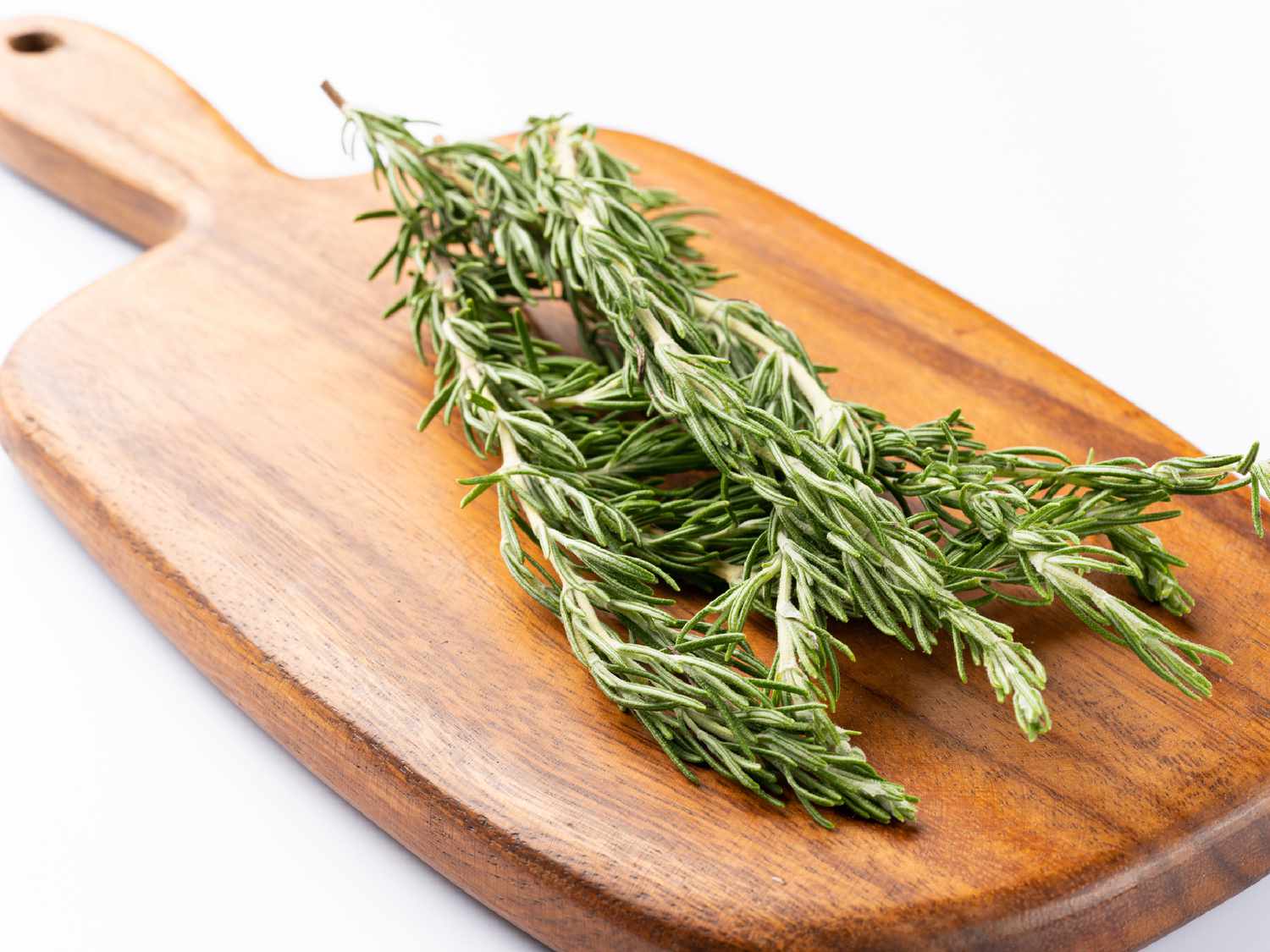
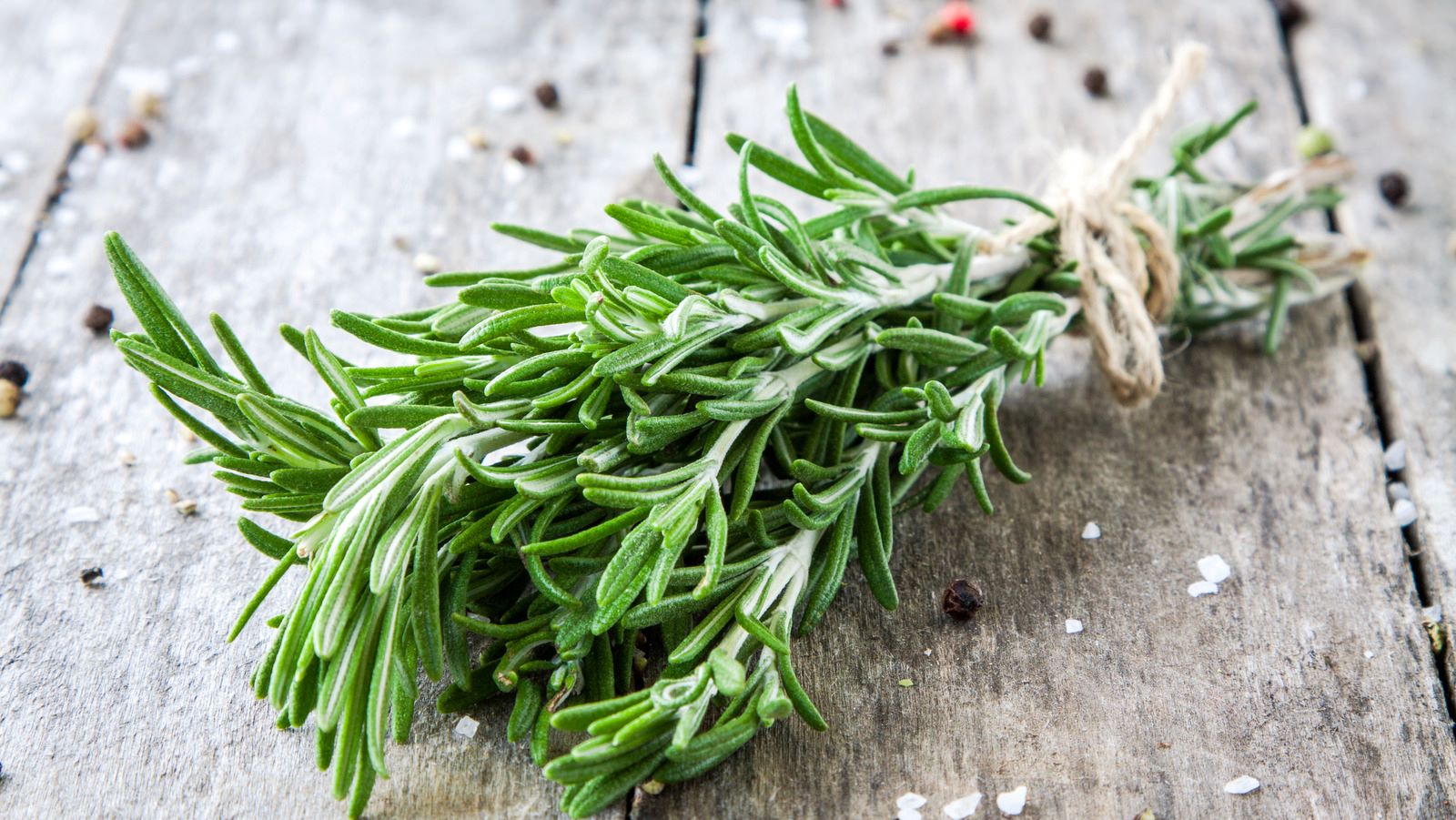
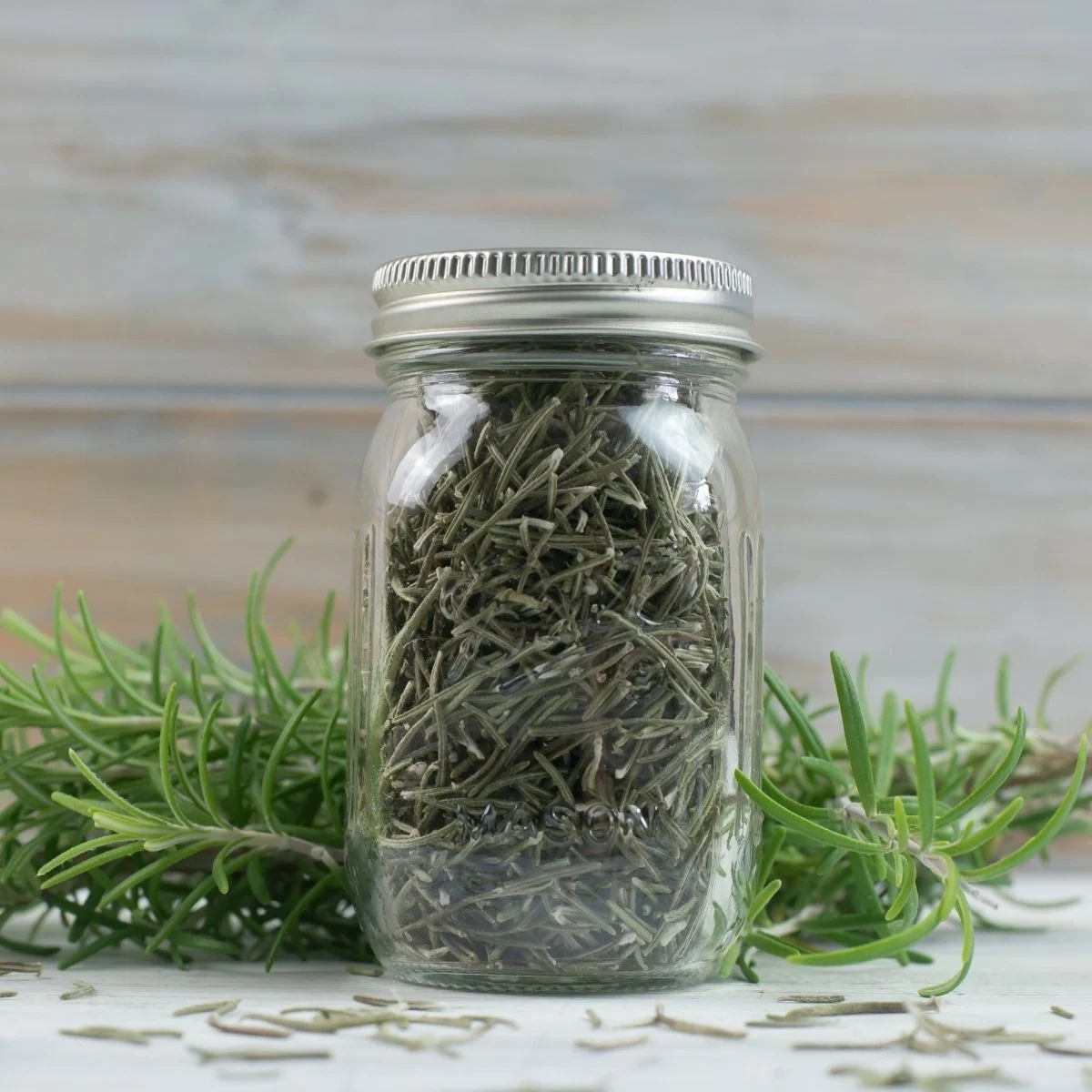
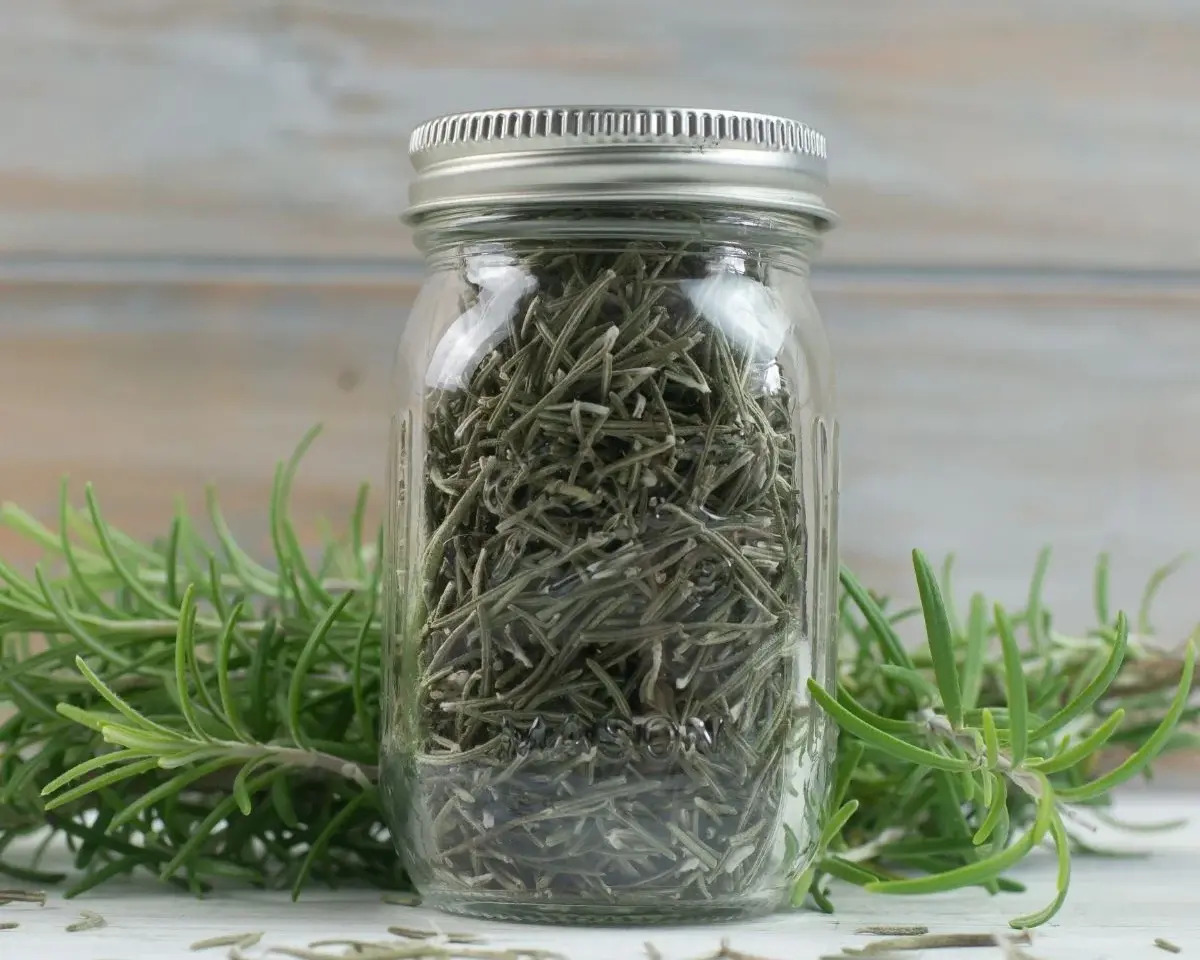
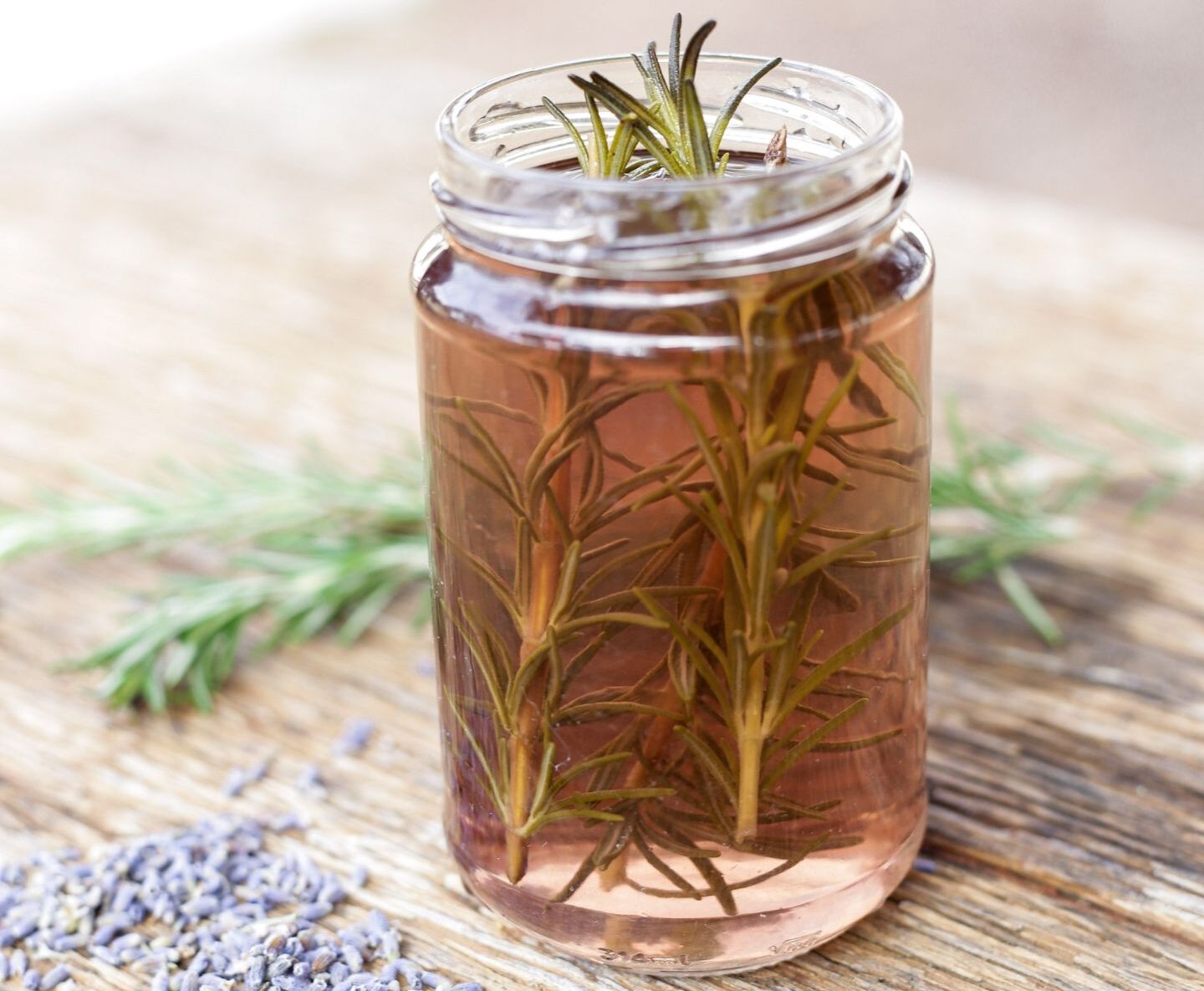
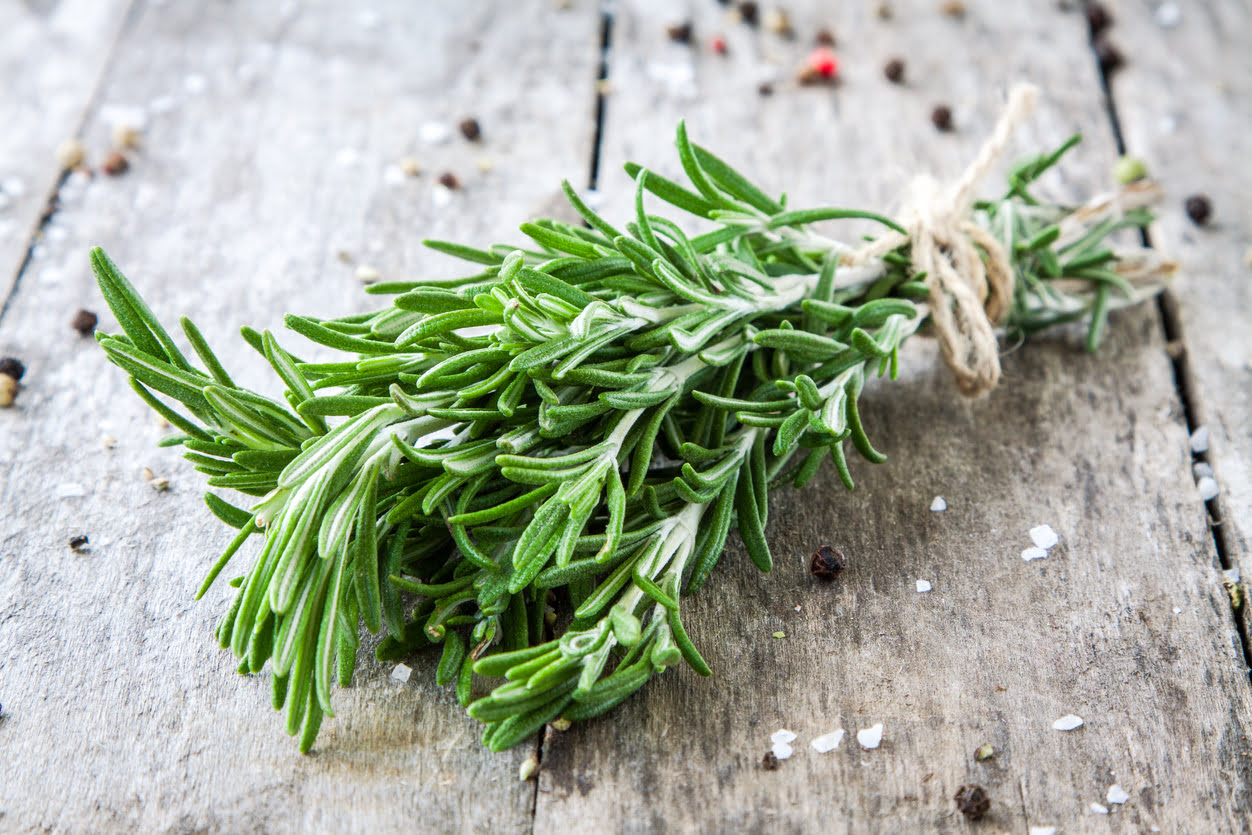
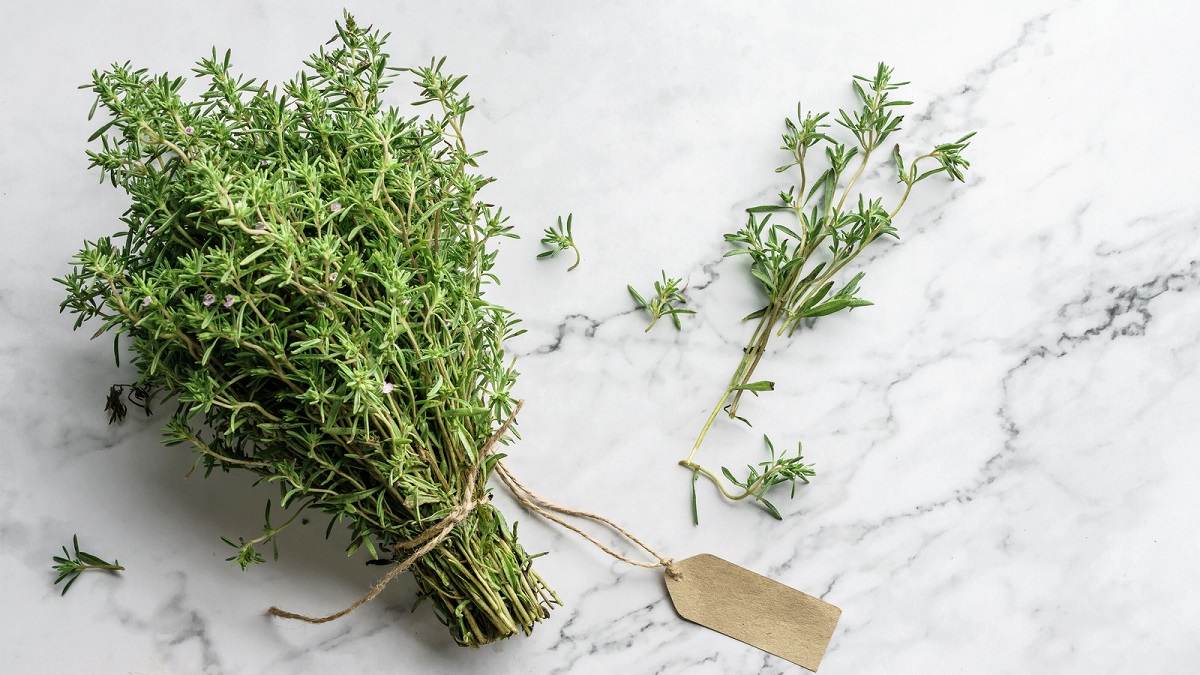
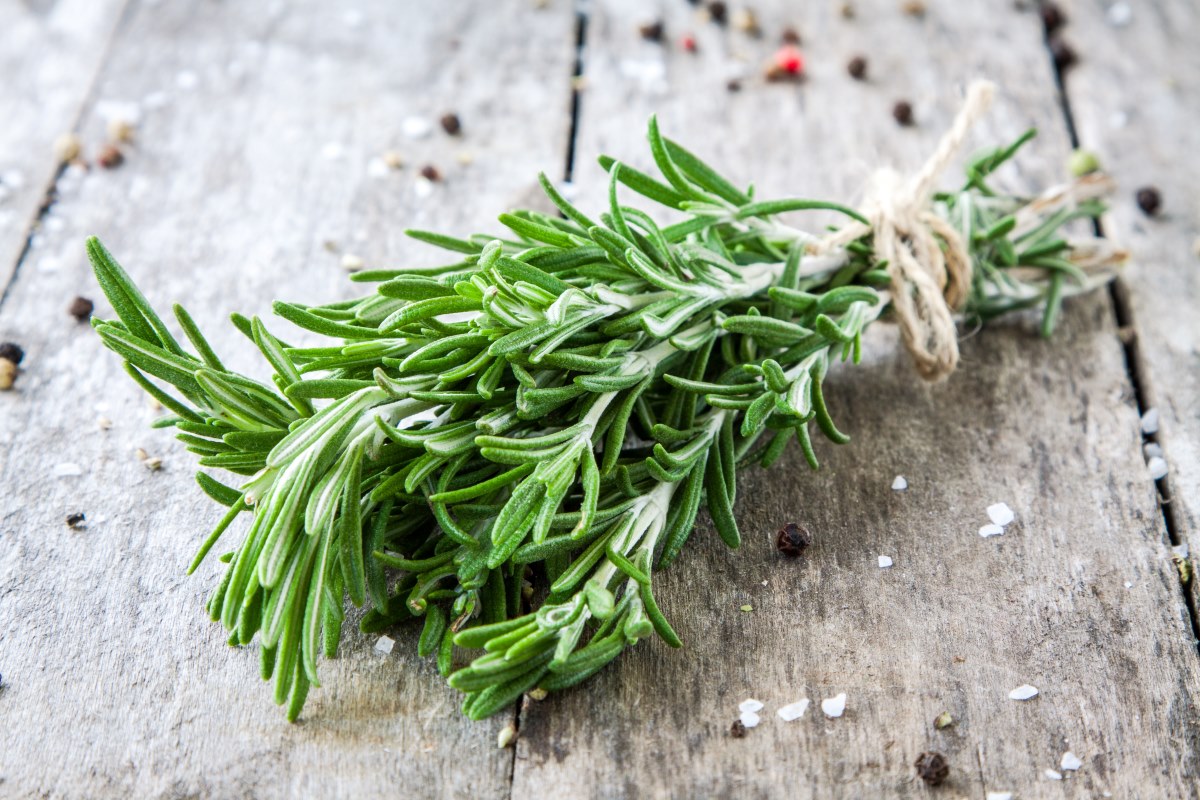



0 thoughts on “How To Store Thyme And Rosemary”